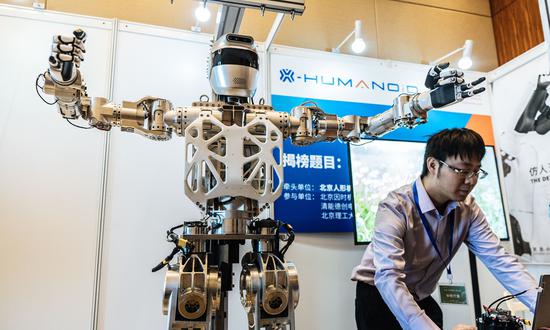
Researcher tests a robot at the exhibition site of a humanoid robot competition on March 13, 2024. (Photo: Li Hao/GT)
Chinese humanoid robot researchers are accelerating the commercial deployment of their latest products, as humanoid robots are highlighted as critical tools to promote the nation's technology level.
As the Government Work Report, approved by the National People's Congress, the top legislature, calls for great efforts in developing new quality productive forces at a faster pace, analysts said that humanoid robots integrate cutting-edge technologies including artificial intelligence, high-end manufacturing and new materials, and they will become a new engine of economic development.
A humanoid robot competition held by the Chinese Institute of Electronics (CIE) kicked off on Wednesday at Yizhuang, southern Beijing, which gathered 116 research programs by Chinese leading companies, universities and research institutes across the humanoid robot industry chain.
Wu Yucong, a representative of Shenzhen-based Leju Robot, told the Global Times during the competition that the company has realized low-volume sales of humanoid robots, and the products are used as a scientific research platform by home appliance companies.
"Aside from common purposes, we also cooperate with power supply companies such as power grids and nuclear power plants, and they deploy humanoid robots in equipment maintenance and operation monitoring," he said, noting that humanoid robots can now only be used in safe working conditions because they are costly in terms of manufacturing, training and maintenance.
One of Leju's universal type humanoid robots is being sold at 600,000 yuan ($83,400) per unit, and the company aims to control the price within 150,000 yuan by the end of 2025, so it could be widely used as security guards and delivery workers, said Wu.
Another Chinese humanoid robot producer, UBTech, told the Global Times that its Walkers S model has been used by Chinese electric carmaker Nio on its manufacturing line in assisting humans with assembly work and quality checks. It's the world's first humanoid robot built to collaborate with humans to complete assembly and quality inspection operations in a vehicle factory.
Equipped with 41 high-performance servo joints and a full range of perception systems, the robot utilizes its real-time image capture and transmission capabilities to work on factory manufacturing lines in a precise, safe and synchronized manner.
"Humanoid robots can be better applied to improve people's quality of life and working efficiency in family and public services, and relatively dangerous scenarios such as production in factories, emergency rescues and the military sector," Wang Peng, an associate research fellow at the Beijing Academy of Social Sciences, told the Global Times on Wednesday.
Boosted by leading manufacturing capacity, China is the world's largest market for industrial robots. According to a report released by the International Federation of Robotic last September, China's installations of industrial robots hit 290,258 units in 2022, accounting for 52 percent of the global total.
As the capacity of fixed, single-arm robots is reaching its upper limit, humanoid robots that are capable of flexible work have promising growth prospects and will foster the new quality productive forces, said observers.
On October 20, 2023, China's Ministry of Industry and Information Technology issued guiding opinions for the innovative development of humanoid robots, noting that humanoid robots have the potential to be a disruptive product as was the case for personal computers, smartphones and new-energy vehicles.
The guiding opinions also called for efforts to have a number of enterprises and industry clusters that specialize in humanoid robots in 2025 with global influence, and form a stable and secure industry chain as of 2027 to deeply integrate humanoid robots in the real economy's development.
By 2030, China's humanoid robot market is estimated to be worth 870 billion yuan, said the CIE.











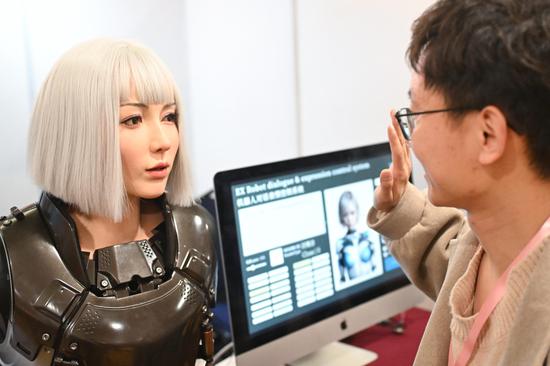





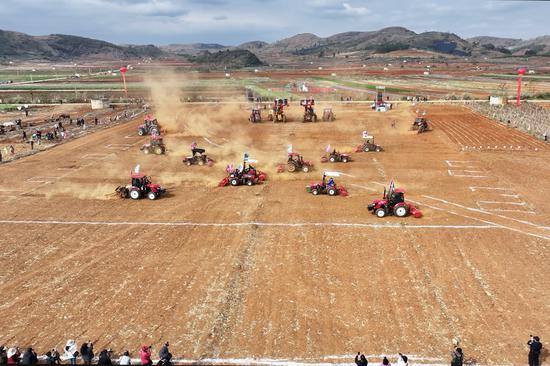







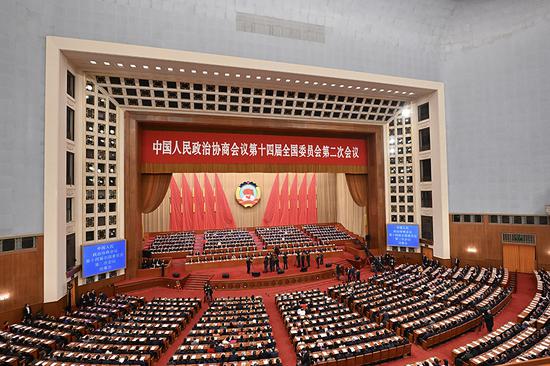




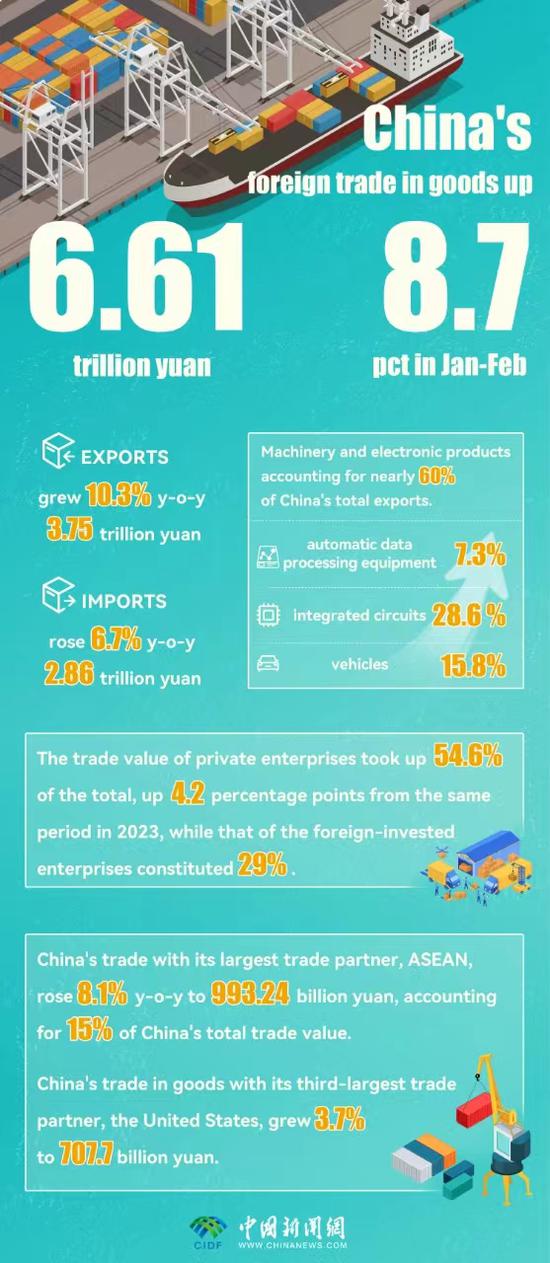

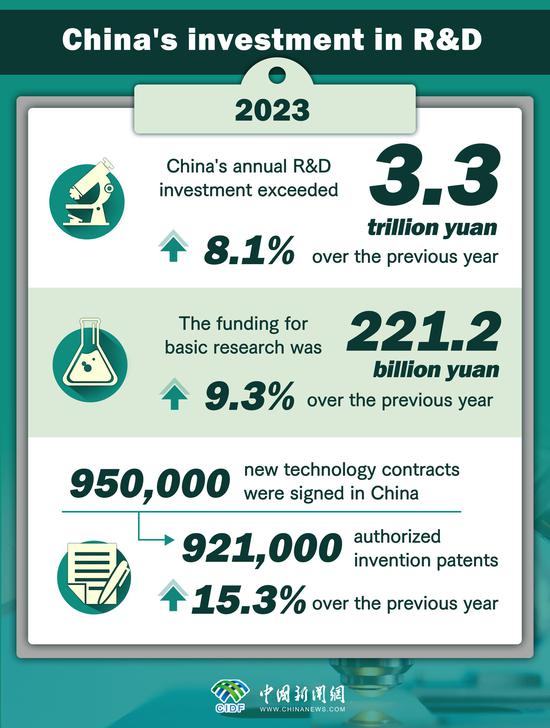

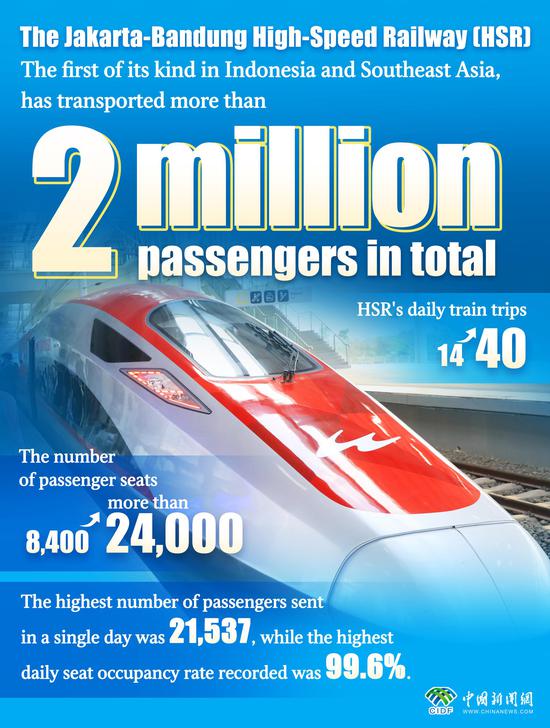






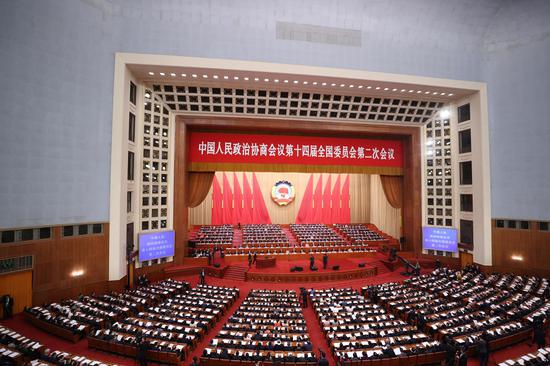








 京公网安备 11010202009201号
京公网安备 11010202009201号